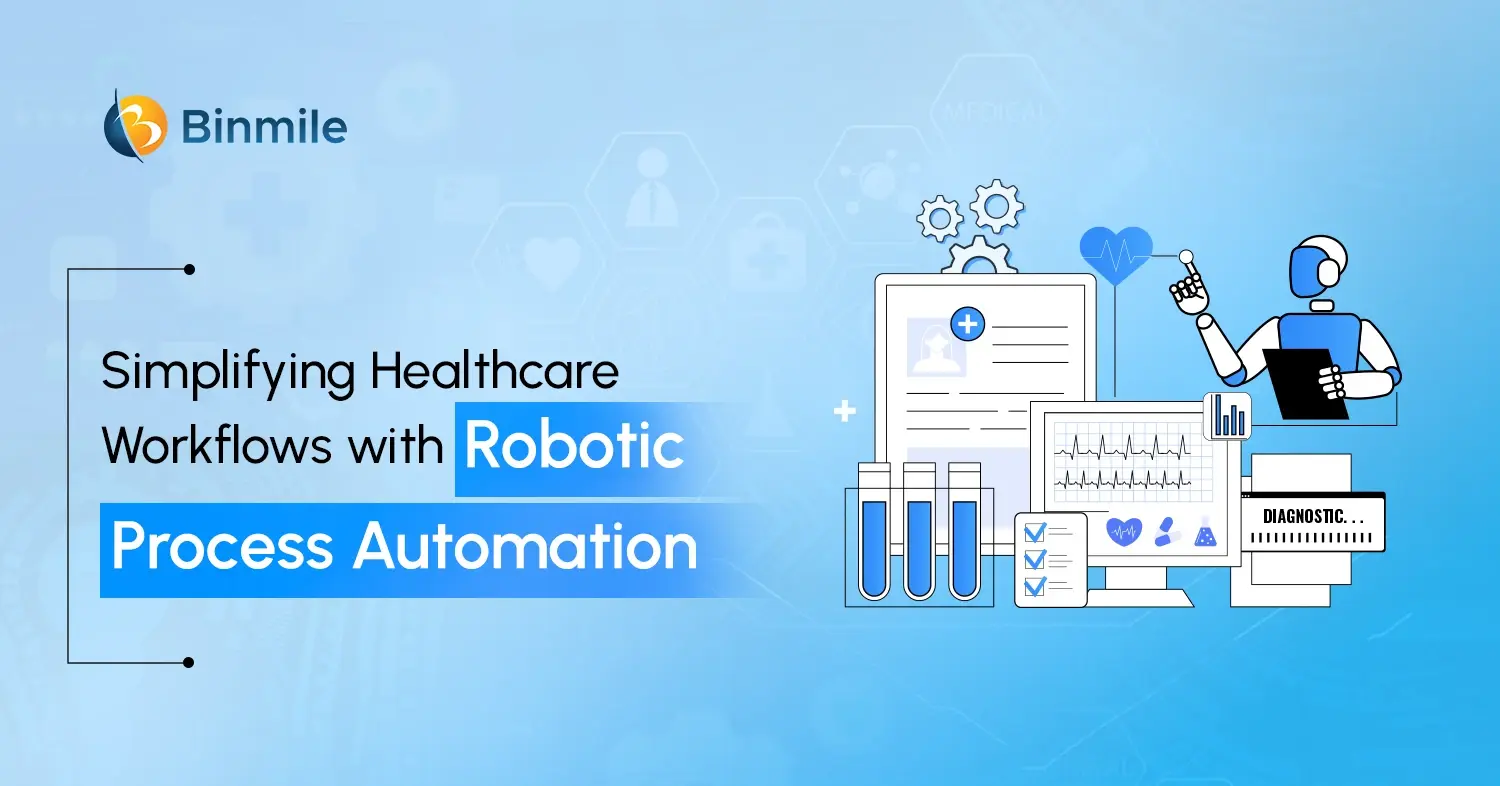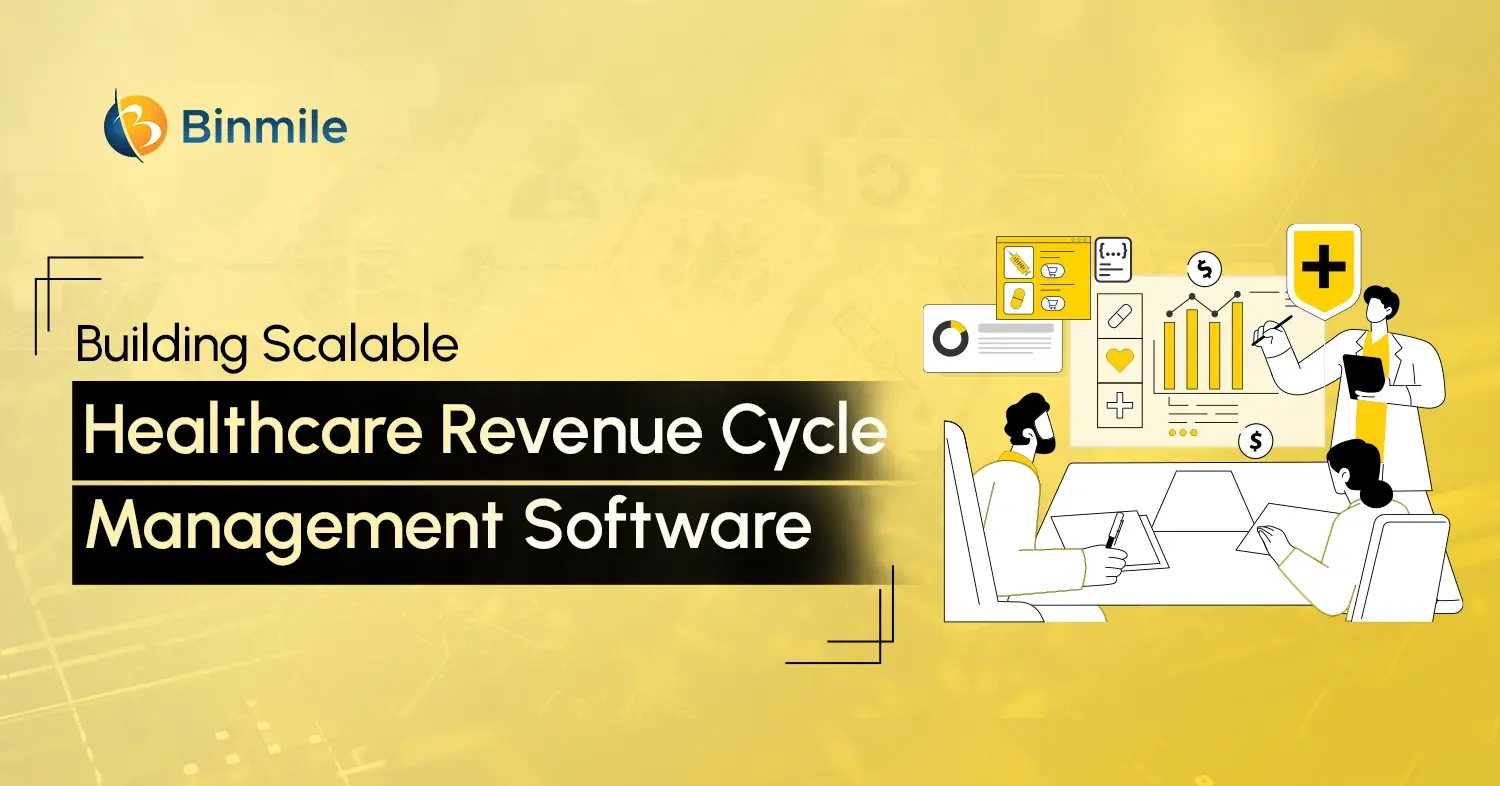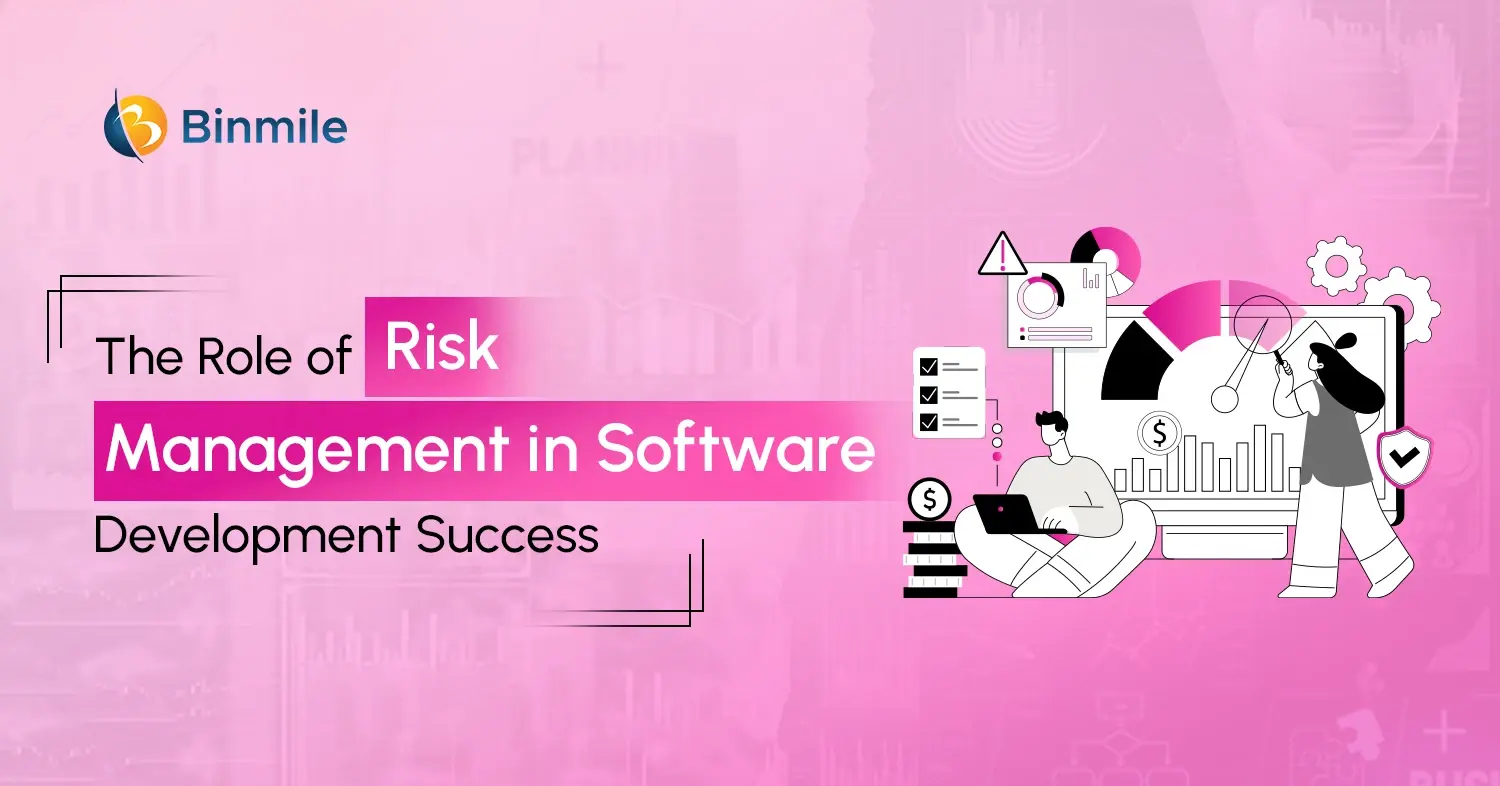We’re closing in 2023, and the time has come for businesses across the industry to see their progress from the first half of the year. Further, evaluation of what approach, tools, methodology, or investment worked and what didn’t. When it comes to DevOps methodology and its assessment, you should approach it in the same way. It’s equally essential to understand and forecast the future of DevOps in 2024. Doing so helps you anticipate changes and take proactive steps to fully leverage the power of the methodology.
Understanding what’s going on in the DevOps landscape and integrating these aspects into your business operations will help you develop the approach alongside the rapidly transforming tech industry. The DevOps trends look promising with the advent of newer technologies such as Artificial intelligence or IoT. So, what are trends in the upcoming year that can reshape the way DevOps methodology offers a wide range of benefits to businesses from improved cost-efficiencies to a faster time to market? There’s no doubt that just like other technologies or approaches, DevOps will also be impacted by increased automation or more emphasis on security practices. But what exactly are these DevOps trends in 2024? So, if you also have these questions, then this blog is for you.
Ready? Let’s dive in!
Top Trends Shaping the Future of DevOps in 2024

DevOps or Development Operations is the “combination of cultural philosophies, practices, and tools that increases an organization’s ability to deliver applications and services at high velocity.” It’s a dynamic field that is going to witness significant changes in 2024, especially in three key areas: Software Delivery, User Experience, and a Culture of Collaboration. Let’s discuss how the future of DevOps will reshape these 3 domains, bringing a new era of technological excellence and collaborative success.
1. Faster Software Delivery
- Smart Release Management: The year 2024 will see the adoption of smart release management tools to leverage AI and predictive analytics. This will help streamline the release process. In addition, it’ll also ensure speed and quality, predicting and resolving potential issues before they affect the launch of products or services.
- Serverless Architectures Gain Momentum: Next year, we can expect the DevOps team to make a shift to serverless architectures. These architectures enable businesses to reduce infrastructure management burden. As these burdens often limit the team and they can’t focus on writing codes with traditional server management.
- DevOps for Edge Computing: Edge computing has made it possible for DevOps projects and practices to be accessible to even non-IT experts stepping into the IT fold. Thus, next year, we expect to deploy and manage applications in distributed edge settings, ensuring smooth software delivery near end-users.
- Quantum Computing Integration: Expect to see DevOps being integrated into quantum computing. With the speed, agility, and accuracy of quantum computing, DevOps practices will be empowered to resolve complex problems such as resource allocation, scheduling, and configuration management with ease and effectiveness.
2. Improving User Experience
- AI-Based User Interface (UI) Design: AI in software development is changing the way UI design creates adaptive and personalized user interfaces catering to user interactions and preferences. With artificial intelligence in the system, DevOps teams can utilize AI to analyze user behavior and design UI elements more effectively and quickly.
- Voice and Gesture Controls Integration: As voice and gesture-controlled devices become more common, DevOps will optimize applications for these interfaces. DevOps will adopt more tools and practices to test and enhance the user experience in voice and gesture-controlled settings.
- Real-Time User Feedback Loops: The feedback loop between users and developers will become tighter in 2024. DevOps practices will include tools that enable real-time user feedback, allowing developers to make quick and iterative improvements based on user input and preferences.
- AR and VR Integration: Augmented Reality (AR) and Virtual Reality (VR) applications are becoming more popular. DevOps teams will adjust their processes to address the specific challenges of developing and delivering AR and VR experiences, ensuring a smooth and immersive user journey.
3. Fostering a Collaborative Culture
- Codifying the DevOps Process: The idea of Infrastructure as Code (IaC) is expanding to cover the whole DevOps workflow. Codifying the DevOps Process involves writing code for the entire delivery pipeline, from development to deployment, ensuring consistency, and enabling collaborative version control.
- Proactive Security Program: DevOps teams are taking security issues seriously by adopting a Proactive Security program. In 2024, organizations will assign individuals within development and operations teams as security advocates, making sure that security is embedded from the beginning and throughout the development lifecycle.
- AI-Enhanced Team Collaboration: AI tools are not only useful for development processes; they’re also improving team collaboration. In 2024, DevOps will see the use of AI-driven tools that analyze team dynamics, anticipate potential conflicts, and recommend strategies to improve communication and collaboration.
- Empathy-Based DevOps Culture: Building on the importance of communication, 2024 will emphasize empathy within DevOps culture. DevOps teams will focus on understanding each other’s perspectives, creating a collaborative and supportive environment that values the contributions of every team member.
Also Read: Future of Software Development
Unlocking the Potential: DevOps’ Impact on Software Delivery and Collaboration
DevOps as an approach underscores teamwork, automation, and streamlined processes in software development. That’s the reason unlike many other highly-hyped technologies over the last decade that have had brief ‘flash in the pan’ moments before fading, DevOps has proven to deliver a real, sustained impact for a software development company in delivering effective custom software solutions.
The primary intention of DevOps practices is to break down barriers to communication and collaboration between development and IT operations teams. This is done to achieve full customer satisfaction and faster delivery of value. DevOps is also designed to propel business innovation and the drive for continuous process improvement. Since, the practice of DevOps encourages faster, better, more secure delivery of business value to an organization’s end customers, it produces more frequent product releases, features, or updates. It does more for the organizations, so let’s focus on these advantages:
- Faster, better product delivery
- Faster issue resolution and reduced complexity
- Greater scalability and availability
- More stable operating environments
- Better resource utilization
- Greater automation
- Greater visibility into system outcomes
- Greater innovation
Future of DevOps: Key Takeaways
As discussed in the blog, it’s more important than ever for businesses to stay up-to-date on the latest software development trends. The field is changing rapidly and being prepared for what is coming next gives your business an upper hand. Therefore, understanding the future of DevOps will not only optimize your organization’s approach to software development models but also empower you to respond efficiently and effectively to the ongoing transformations within the digital landscape. DevOps is here to stay and as the technologies advance, so will DevOps continue to evolve, and we can expect to see even more innovation.
The next year will bring immense possibilities for DevOps and how it is being implemented by organizations across the industry. More and more organizations adopt DevOps, there’s no doubt it’ll become even more mainstream. So, if you’re interested in learning more about DevOps trends or DevOps Consulting Services, you’re in good hands! Get in touch with us today and explore how we can empower you in application delivery and operational efficiency at high velocity like never before!
Frequently Asked Questions
DevOps trends refer to the evolving practices, technologies, methodologies, and cultural shifts within the DevOps ecosystem. These trends reflect the current and future directions of DevOps adoption, implementation, and innovation in software development, IT operations, and organizational culture.
DevOps trends are important for several reasons:
- Industry insights: They provide valuable insights into emerging practices, tools, and strategies shaping the DevOps landscape, helping organizations stay competitive and informed.
- Innovation opportunities: DevOps trends often highlight new technologies, approaches, and best practices that offer opportunities for innovation, optimization, and continuous improvement.
- Risk mitigation: Awareness of DevOps trends allows organizations to anticipate and adapt to industry changes, mitigating risks associated with technological obsolescence or market disruptions.
- Performance enhancement: By staying abreast of DevOps trends, organizations can identify opportunities to enhance operational efficiency, accelerate delivery cycles, and improve collaboration across development and operations teams.
- Talent development: Understanding DevOps trends enables organizations to invest in talent development initiatives, training programs, and skill-building activities aligned with current industry practices and future demands.
The future of DevOps is poised for further evolution and advancement, driven by technological innovation, industry trends, and evolving business needs. DevOps is expected to continue shaping software development, IT operations, and organizational culture, with a focus on automation, collaboration, agility, and continuous improvement.









